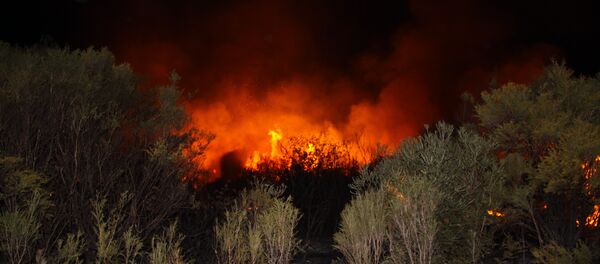The study, published in the Lancet Planetary Health journal, looks at the expected frequency of extreme weather events in the future. It says the emission of greenhouse gases that cause global warming will increase over the years.
The authors of the research also looked at what could be a onece-in-a-century event that could happen, and how much more frequent such events could become by the end of this century.
“The study offers a realistic view of the potential effects of such exposure to extreme temperature changes on humans unless we take action,” professor Paul Wilkinson said.
Regarding the impact this could have on people living in other parts of the planet, Paul Wilkinson said that much depended on their ability to protect themselves.
“Overall, there are much smaller mortality impacts from, say droughts, than heatwaves, whereas the annual mortality rate from heatwaves is about 150,000 compared to mere hundreds, maximum thousands, resulting from floods,” Wilkinson explained.
When asked what concrete steps people should take to prevent such things from happening, he said “We have to learn to adapt to a changing climate, in particular warmer temperatures.
Climate changes are inevitable, so people should realize that there will be an increased threat from heatwaves,” he noted.
Some experts now say that climate change will bring about a new kind of refugee – a climate refugee.
Nearly one-third of the global population suffers deadly levels of heat for at least 20 days during the year and by the end of the century, thanks to climate change, this number could climb above 70 percent.
The study shows that heat waves will become a leading cause of weather-related mortality, accounting for 99 percent of all the cases.
According to the estimates, natural disaster will affect two in three people in Europe. Southern Europe is believed to be in the gravest danger of deaths induced by climate change.





